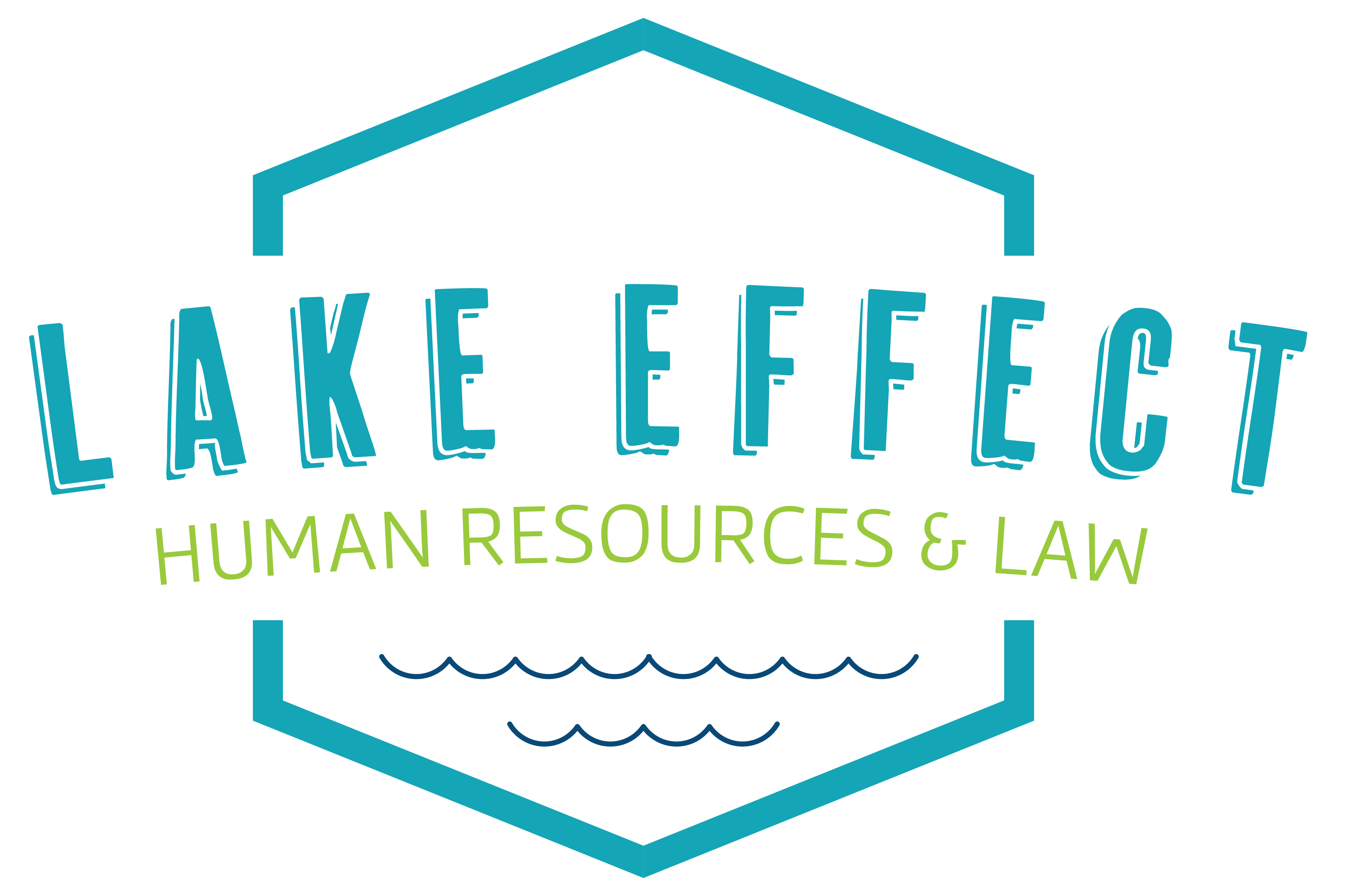Employers wake up today to a daunting new landscape as they face higher salary requirements for their exempt employees. On April 23, 2024, the US Department of Labor (DOL) issued a final rule that substantially increases the minimum salary levels for exempt employees under the Fair Labor Standards Act (FLSA). If an employee’s job duties and fixed salary level meets specified requirements under the FLSA, they are deemed exempt, and employers are not required to pay them overtime under FLSA.
As set forth in the DOL’s final rule, the FLSA exempt salary thresholds will increase in two steps over the next 9 months. Effective July 1, 2024, employees whose job duties meet the test for the FLSA’s “white collar exemptions” must be paid a fixed salary of at least $844 per week, or $43,888 per year, in order to retain their exempt status (an increase from the current salary threshold of $684 per week, or $35,568 per year). Effective January 1, 2025, those employees must be paid a minimum of $1,128 per week, or $58,656 per year to remain exempt from the FLSA’s overtime requirements.
The DOL’s final rule also increases the minimum salary level for “highly compensated employees” under the FLSA. For this group of employees, the FLSA imposes a minimal, less detailed job duties test but a much higher compensation requirement to qualify for exempt status. Effective July 1, 2024, highly compensated employees must be paid a fixed salary of at least $132,964 per year, including at least $844 per week paid on a salary or fee basis in order to retain their exempt status (an increase from the current salary threshold of $107,432 per year, including at least $684 per week paid on a salary or fee basis). Effective January 1, 2025, these employees must be paid a minimum of $151,164 per year (including at least $1,128 per week paid on a salary or fee basis) to remain exempt.
In its final rule and accompanying FAQs, the DOL also specifies that beyond the increases specified at this time, it will continue to update minimum salary and compensation levels every three years based upon up-to-date wage data and methodologies. The first three-year-update will occur on July 1, 2027. Finally, the DOL confirms that it is not making any changes to the existing job duties tests for exempt employees under the FLSA.
Confronted with these new salary requirements, employers will face difficult choices. The first order of business will be to identify those exempt employees whose current salaries do not meet DOL’s new thresholds. Employers should then assess whether they can maintain employees’ exempt status by increasing their salaries or whether they must convert employees to non-exempt status and comply with applicable overtime pay requirements. These decisions will require careful consideration of financial and budgetary constraints, operational needs, parity among positions, employee morale, and the need to attract high quality candidates with competitive compensation packages.
As we quickly approach the first effective date of July 1, 2024, Lake Effect can help assess your workforce and review your compliance options consistent with your mission, culture, and commitment to your employees. Let us help you navigate this challenging new landscape.
Lake Effect is here to answer all your questions about employment laws, regulations, and new agency guidelines. We continue to monitor important legal and HR developments, as well as other information that could impact the workplace. Please watch our blogs and emails for these important updates, as well as discussions of how compliance meets culture. To dive into these issues, contact us at info@le-hrlaw.com or 1-844-333-5253.
As set forth in the DOL’s final rule, the FLSA exempt salary thresholds will increase in two steps over the next 9 months. Effective July 1, 2024, employees whose job duties meet the test for the FLSA’s “white collar exemptions” must be paid a fixed salary of at least $844 per week, or $43,888 per year, in order to retain their exempt status (an increase from the current salary threshold of $684 per week, or $35,568 per year). Effective January 1, 2025, those employees must be paid a minimum of $1,128 per week, or $58,656 per year to remain exempt from the FLSA’s overtime requirements.
The DOL’s final rule also increases the minimum salary level for “highly compensated employees” under the FLSA. For this group of employees, the FLSA imposes a minimal, less detailed job duties test but a much higher compensation requirement to qualify for exempt status. Effective July 1, 2024, highly compensated employees must be paid a fixed salary of at least $132,964 per year, including at least $844 per week paid on a salary or fee basis in order to retain their exempt status (an increase from the current salary threshold of $107,432 per year, including at least $684 per week paid on a salary or fee basis). Effective January 1, 2025, these employees must be paid a minimum of $151,164 per year (including at least $1,128 per week paid on a salary or fee basis) to remain exempt.
In its final rule and accompanying FAQs, the DOL also specifies that beyond the increases specified at this time, it will continue to update minimum salary and compensation levels every three years based upon up-to-date wage data and methodologies. The first three-year-update will occur on July 1, 2027. Finally, the DOL confirms that it is not making any changes to the existing job duties tests for exempt employees under the FLSA.
Confronted with these new salary requirements, employers will face difficult choices. The first order of business will be to identify those exempt employees whose current salaries do not meet DOL’s new thresholds. Employers should then assess whether they can maintain employees’ exempt status by increasing their salaries or whether they must convert employees to non-exempt status and comply with applicable overtime pay requirements. These decisions will require careful consideration of financial and budgetary constraints, operational needs, parity among positions, employee morale, and the need to attract high quality candidates with competitive compensation packages.
As we quickly approach the first effective date of July 1, 2024, Lake Effect can help assess your workforce and review your compliance options consistent with your mission, culture, and commitment to your employees. Let us help you navigate this challenging new landscape.
Lake Effect is here to answer all your questions about employment laws, regulations, and new agency guidelines. We continue to monitor important legal and HR developments, as well as other information that could impact the workplace. Please watch our blogs and emails for these important updates, as well as discussions of how compliance meets culture. To dive into these issues, contact us at info@le-hrlaw.com or 1-844-333-5253.




